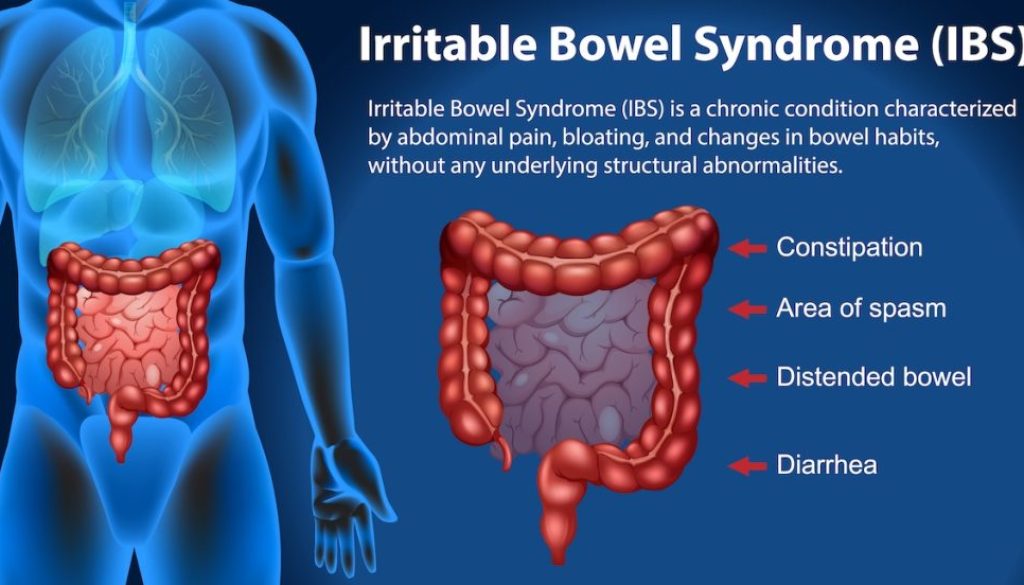IBS and Probiotics: Can They Help Manage Symptoms?
Irritable Bowel Syndrome (IBS) is a common gastrointestinal condition that affects millions of people worldwide. Characterized by symptoms like abdominal pain, bloating, diarrhea, and constipation, IBS can significantly impact daily life. While there’s no universal cure for IBS, probiotics have emerged as a promising way to manage symptoms naturally. This article explores the connection between IBS and probiotics and how they may offer relief.
What Is IBS?
IBS, or Irritable Bowel Syndrome, is a chronic condition that affects the large intestine. The exact cause is unknown, but it’s believed to involve a combination of factors, including:
- Gut-brain communication issues.
- Sensitivity to certain foods.
- Stress or anxiety.
- An imbalance in gut bacteria (dysbiosis).
Managing IBS typically involves dietary changes, stress management, and, increasingly, the use of probiotics.
What Are Probiotics?
Probiotics are live microorganisms (primarily bacteria) that provide health benefits when consumed in adequate amounts. These “good bacteria” help balance the gut microbiome, which is essential for digestion, immunity, and overall gut health.
How Probiotics Can Help With IBS
Probiotics may help manage IBS symptoms by addressing the gut microbiome imbalance often seen in people with the condition. Here’s how probiotics can help:
- Regulate Bowel Movements:
Probiotics may improve consistency and frequency of stools, helping those with diarrhea-predominant (IBS-D) or constipation-predominant IBS (IBS-C). - Reduce Bloating and Gas:
Certain probiotic strains can reduce excess gas production, a common cause of bloating and discomfort in IBS. - Alleviate Abdominal Pain:
Probiotics may reduce gut inflammation and calm overactive nerves, lessening abdominal pain and cramping. - Enhance Gut Barrier Function:
Probiotics strengthen the intestinal lining, reducing permeability (“leaky gut”), which can exacerbate IBS symptoms.
Best Probiotic Strains for IBS
Not all probiotics are equally effective for IBS. Research suggests the following strains may provide the most benefit:
- Bifidobacterium infantis: Helps reduce abdominal pain, bloating, and irregular bowel movements.
- Lactobacillus plantarum: May alleviate symptoms of IBS, particularly bloating and discomfort.
- Saccharomyces boulardii: A yeast probiotic effective for diarrhea-predominant IBS.
- Bifidobacterium breve: Known for improving gut health and reducing inflammation.
When selecting a probiotic supplement, look for products that contain these strains and have clinical evidence to support their effectiveness.
How to Incorporate Probiotics for IBS Relief
Here are some tips for using probiotics to manage IBS:
- Choose the Right Probiotic:
Opt for supplements containing strains backed by research, such as those listed above. - Start Slowly:
Introduce probiotics gradually, as sudden changes to the gut microbiome may cause temporary bloating or gas. - Be Consistent:
Take probiotics daily for at least 4-8 weeks to assess their effectiveness. - Combine with a Balanced Diet:
Include prebiotic-rich foods like garlic, onions, and bananas to nourish the probiotics and support gut health. - Consult a Healthcare Professional:
Speak with your doctor or dietitian before starting probiotics, especially if you’re on medication or have other health conditions.
Probiotic-Rich Foods for IBS
In addition to supplements, you can also include probiotic-rich foods in your diet:
- Yogurt: Look for live cultures like Lactobacillus and Bifidobacterium.
- Kefir: A fermented milk drink with diverse probiotic strains.
- Sauerkraut: A natural source of Lactobacillus bacteria.
- Kimchi: A spicy, fermented cabbage dish.
- Miso and Tempeh: Fermented soy products rich in probiotics.
Probiotics Are Not a One-Size-Fits-All Solution
While probiotics can help manage IBS symptoms, they may not work for everyone. Some people may experience no change, while others find significant relief. It’s important to monitor your symptoms and consult a healthcare professional to determine the best approach for you.
Probiotics offer a natural way to manage IBS symptoms by balancing the gut microbiome, regulating bowel movements, and reducing discomfort. Incorporating the right probiotic strains, either through supplements or food, can make a noticeable difference in your quality of life. Always consult a healthcare provider for personalized advice and to find the best solution for your needs.




